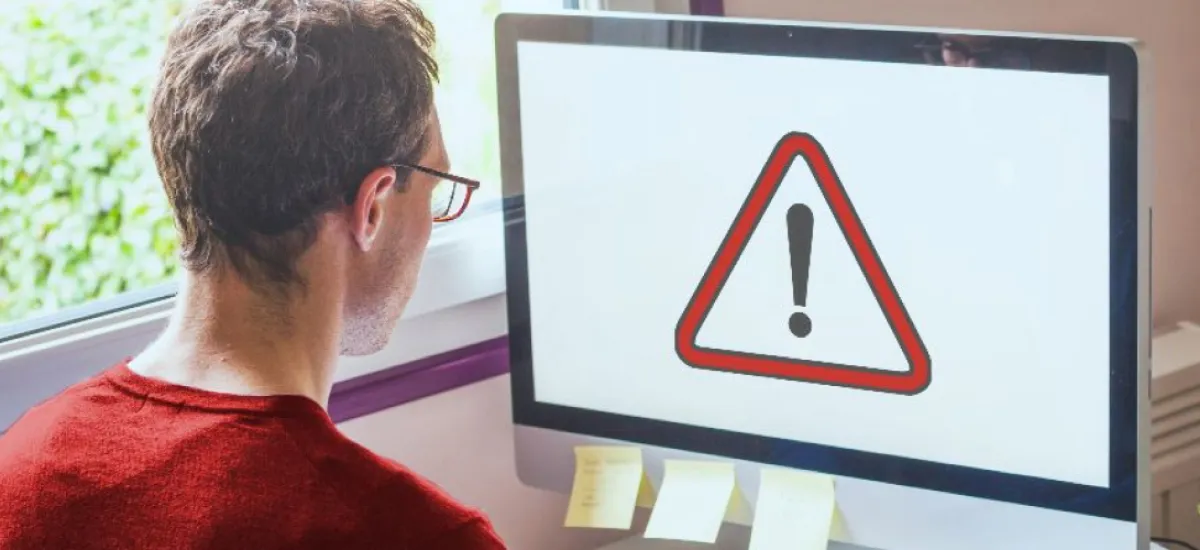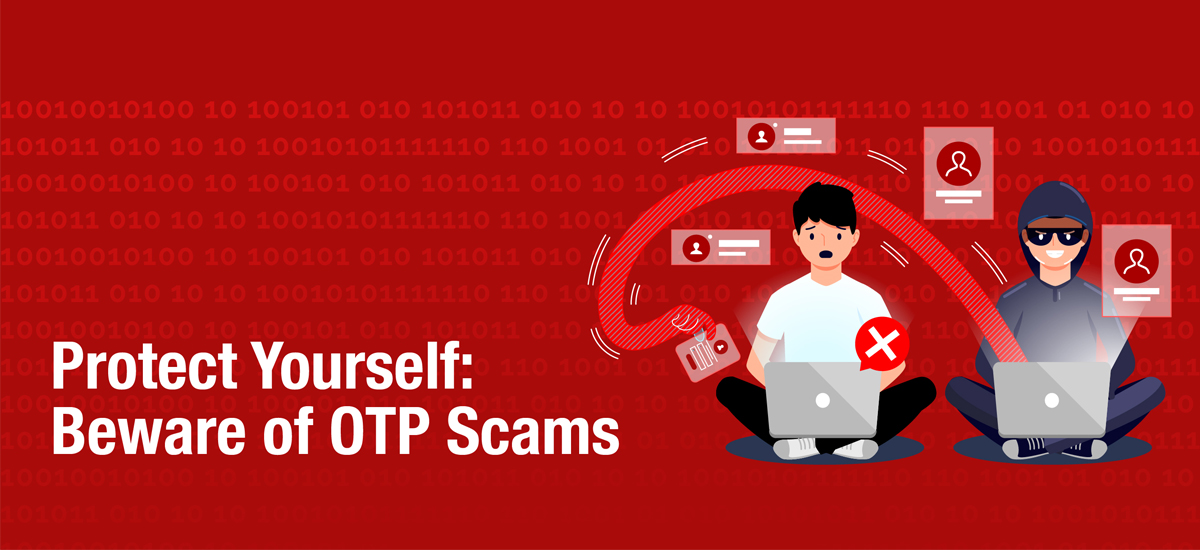Nowadays, the focus has been towards protecting our bodies from viruses. However, there are a few effective strategies for keeping our devices healthy from common computer viruses too. From annoying pop-up adds to total computer hijacks, we explore the most common ways to recognise which virus you might have – as well as advice on the simple, effective ways to cure them fast.
Types of computer viruses
When a computer virus enters the system, it’s capable of deleting files, damaging applications, and formatting your hard drive. To prevent your PC from an attack, you must first understand what a computer virus is.
There are four types:
1. Trojan virus
A trojan virus is designed to damage or steal data and tends to spread via emails, download links, and clickbait.
2. Spyware
Spyware gathers information to violate the privacy of users.
3. Adware
Adware, as the name suggests, comes with a flood of unwanted ads. Not only do these ads disrupt the user experience, but they also slow down the computer.
4. Ransomware
Lastly, ransomware is a computer virus that steals potentially sensitive data and demands a ransom to return access to the system.
Preventing computer viruses
As with humans, prevention is also a key strategy. To protect your computer from different types of malware, follow these simple steps
1. Download and install a robust antivirus software and use it regularly.
2. Only open links or download files from trusted sources to ensure data security.
3. Don’t fall for fake online security messages or money-making scams.
4. Create a strong password and secure all essential accounts with two-factor authentication.
5. Don’t use open WiFi networks. And if you do, remember to use a VPN to encrypt data.
Take these tips on board and you’ll be able to look after your computer as well as you look after yourself. To enjoy internet security, look for a personal cyber risks policy that protects you from online attacks, computer viruses, and cyber threats.





















